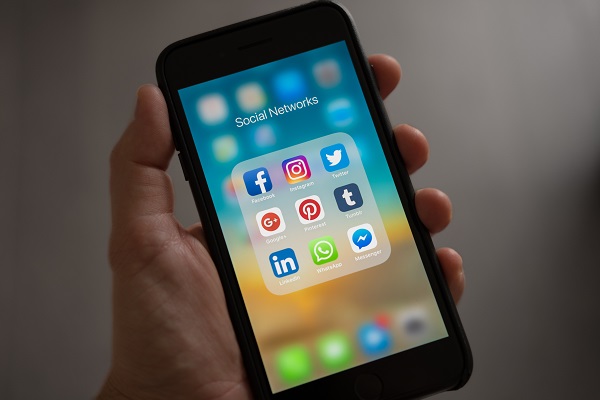
As employees become younger and more tech-savvy, the chances of the majority of your workforce using Twitter, Facebook or other social media goes from being a possibility to a near certainty. This also increases the chances of having an employee take to social media to complain about their wages or employment conditions - an action you are unlikely to appreciate. But before you take action to terminate the employee or even to ask him/her to remove the posts, you should know that the National Labor Relations Board (NLRB) is becoming more and more likely to see social media commentary as protected speech, thereby preventing employers from taking action against employees who complain about their employers online.
Take, for example, the case of Chipotle Servs., LLC, N.L.R.B. Case No. 04-CA-147314 (decided March 14, 2016). In Chipotle, an employee was using Twitter to complain about working conditions such as being forced to come to work on a snow day, and wages of Chipotle's employees. The wage-related tweet was in response to another Twitter user who happily commented about free Chipotle burritos, to which the worker replied that "free" was really at the expense of the Chipotle employees, most of whom were paid only $8.50/hour. Unsurprisingly, Chipotle was not pleased, and the employee was asked to delete the tweets, which he did.
The NLRB, however, determined that the tweets were protected by Section 7 of the National Labor Relations Act, which guarantees employees the right to "self-organization, to form, join or assist labor organizations . . . and to engage in other concerted activities for the purpose of . . . mutual aid or protection . . . ." 29. U.S.C. Section 157. The Administrative Law Judge (ALJ) determined that the tweets were to be considered a "concerted activity" entitled to protection. This was true despite the fact that no other Chipotle employees had shared or otherwise commented on the tweets of the individual employee.
The takeaway here is that what you see as a disparaging act via social media may, in fact, be considered lawful and protected behavior among your workforce. Before you act against an employee who you view to be disparaging your company online, you should ensure that you are not complicating the matter by going against the regulations of the NLRB.
If you would like to learn more about our services and how we can help you or your dental or medical practice, please contact us below.

Stay updated with industry news!
111 Deerwood Road, Suite 340
San Ramon, CA 94583
Phone: 925-999-8200
Fax: 925-884-1725
frontdesk@dmcounsel.com
| Monday | 8:00AM - 6:00PM |
| Tuesday | 8:00AM - 6:00PM |
| Wednesday | 8:00AM - 6:00PM |
| Thursday | 8:00AM - 6:00PM |
| Friday | 8:00AM - 6:00PM |
| Saturday | Closed |
| Sunday | Closed |